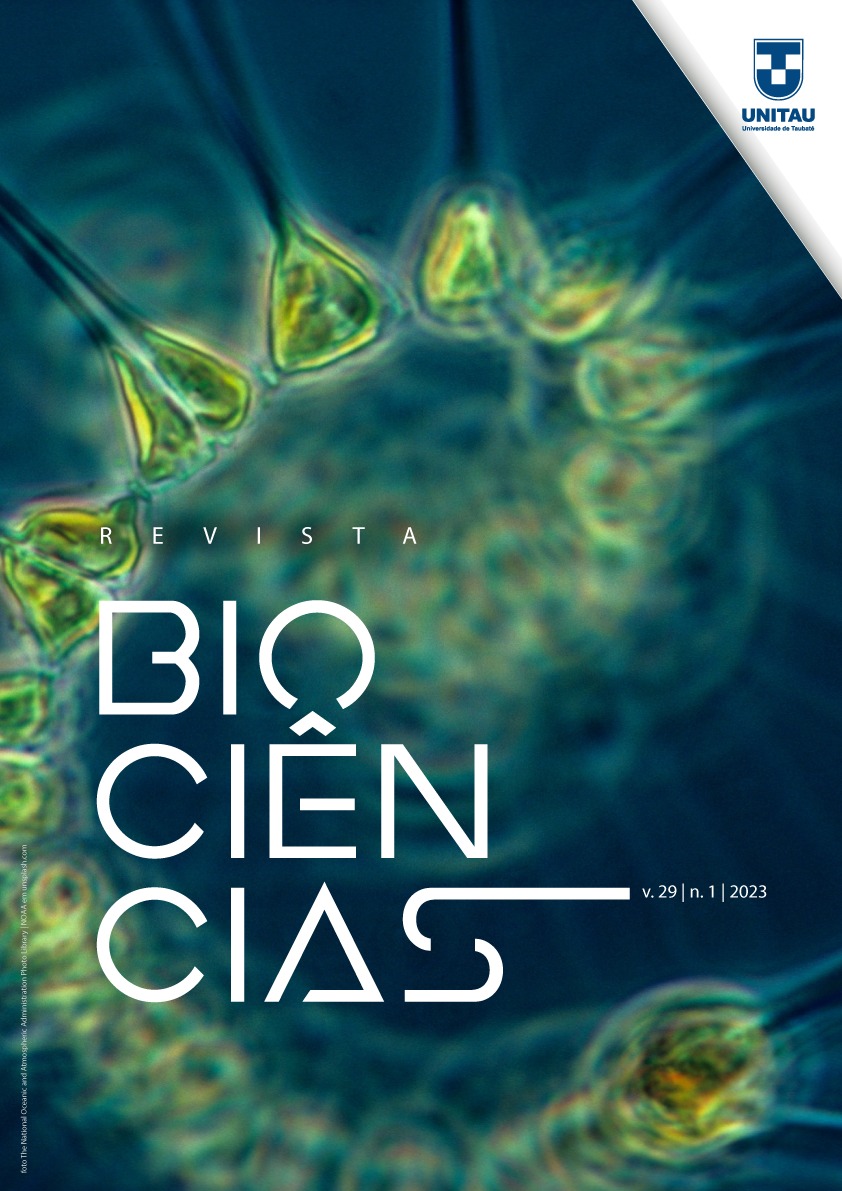Geographic variation of the reproductive patterns of the grapisoid crabs (Decapoda: Brachyura) MacLeay 1838: A revision
Abstract
The present paper summarized the main reproductive trends and its geographical variation for grapsoids along the Brazilian coast. As it is a bibliographic research, website searches were carried out from these keywords: crab reproduction, crab breeding period, crab reproductive output and grapsoid reproduction, together with a consult in public libraries. 33 papers were found which approached the reproductive biology of 17 grapsoid species along the Brazilian coast, of which 55% belonged to Southeastern region. To the onset of sexual maturity, the same species compared in different regions indicated an inversely proportional tendency of the onset of sexual maturity size to latitude, in opposite of which is proposed by the latitudinal paradigm. Concerning the breeding period, the continuous breeding period with peaks pattern was the most viewed, being that the peaks were found in months with more elevated average temperature, characterizing a habit to tropical and subtropical grapsoid species. Environmental changes could explain the ovigerous female absence in specific months. Fecundity variations were found and could be explained by environmental factors and biological conditions of each region that could affect in the gonads physiological development and, in consequence, in the eggs production. Thus, it is possible to conclude that the grapsoid onset of sexual maturity and fecundity do not respond to the latitudinal paradigm, but to climate and environmental conditions of each region.



